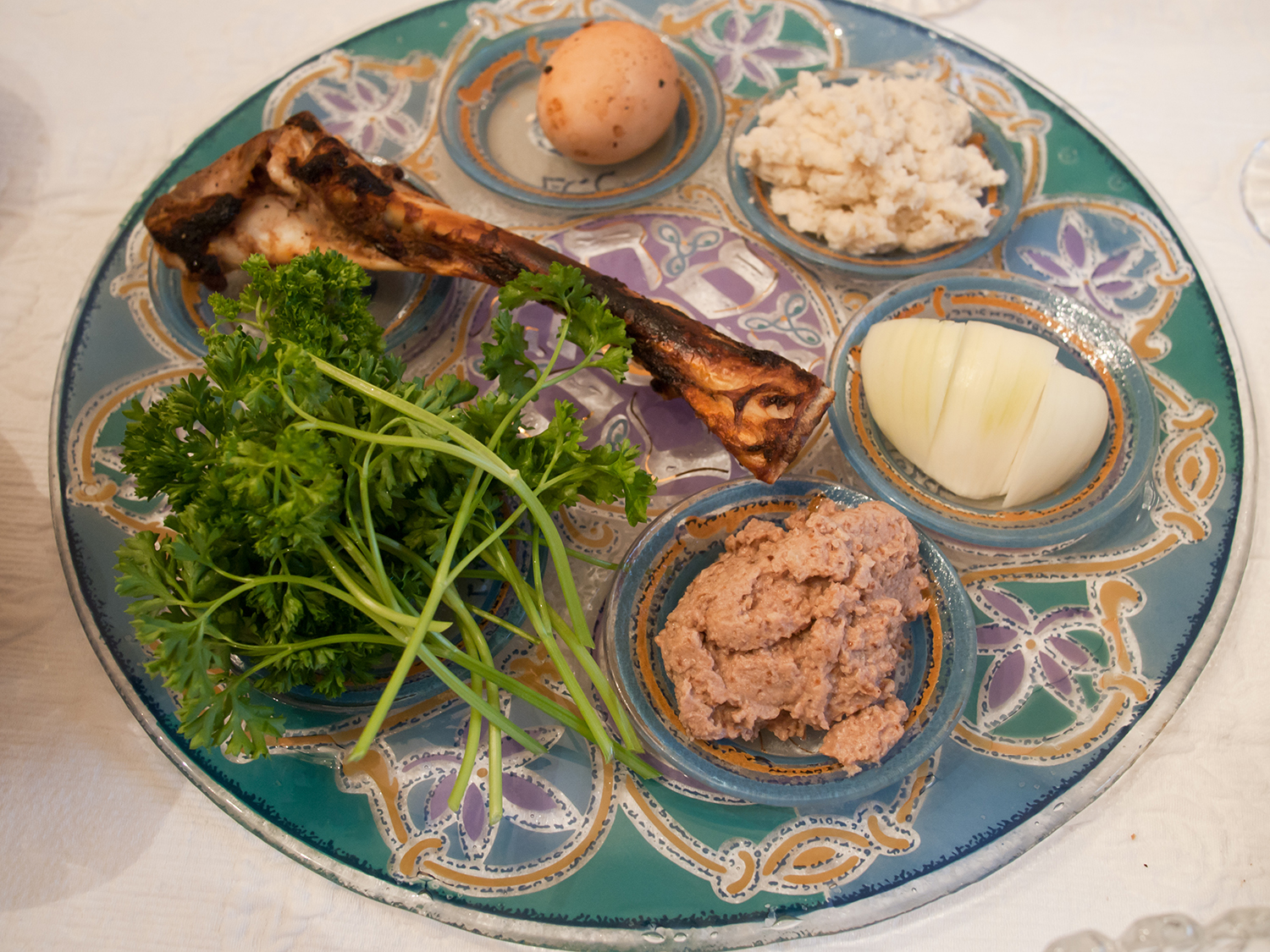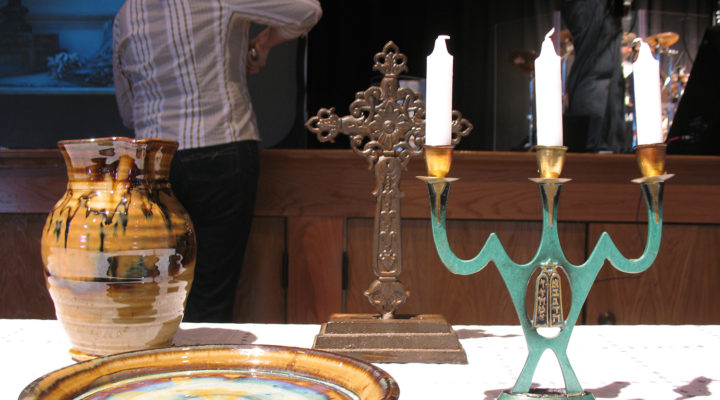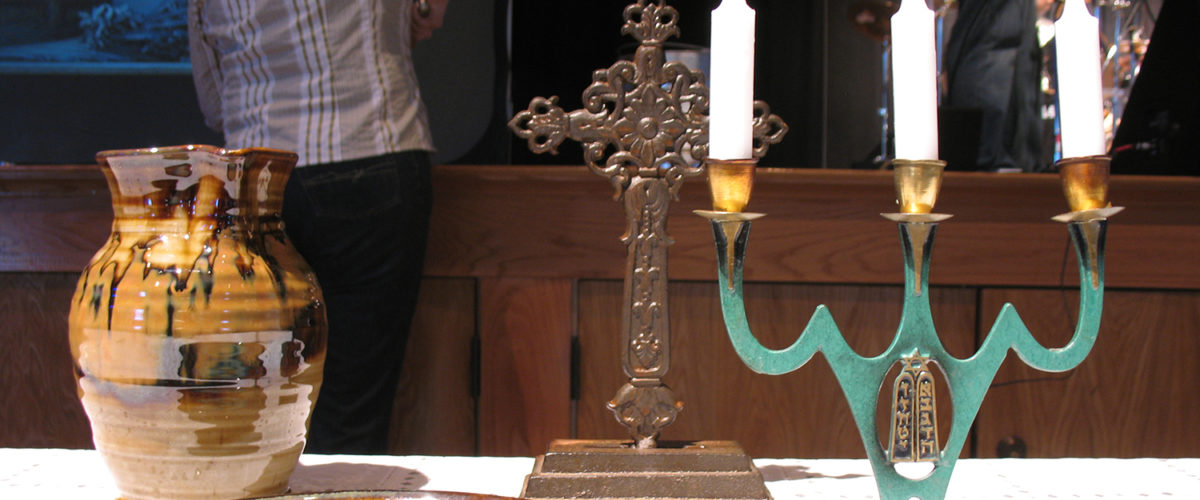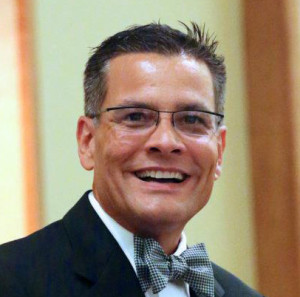Hosting Seder meals during Holy Week has become deeply entrenched among some Christian congregations. But both supporters and opponents of the practice say there needs to be careful reflection about intentions before engaging in it.
Some Jews and Christians say the ritual meal commemorating the Israelites’ liberation from slavery in ancient Egypt is so uniquely Jewish that it doesn’t belong in churches or Christian homes.
Besides, the practice post-dates the time of Christ — negating the idea Jesus was participating in a Seder during the Last Supper, rabbis Yehiel Poupko and David Sandmel recently wrote for Christianity Today.
Christians who want to experience a Seder should instead do that through a Jewish host, the rabbis said.
Other reasons why Christians should not celebrate Seders are easy to find through a quick Google search.
But supporters of the practice can also be found.
“Intention matters a great deal,” said Joshua Stanton, associate rabbi at Congregation B’Nai Jeshurun in Short Hills, N.J.
Christian-led Seders that stay true to the intention and history of the ritual are not a concern to many Jews, Stanton said. But it is offensive when churches appropriate the Seder and present it as a Christian ritual.

Authentically prepared and practiced seders can be ways bring Christians closer to their Jewish roots. (Photo/Edsel Little/Creative Commons)
Stanton said he’s hearing of more and more of that. He said there is a rise in Christians holding Seders in their homes “without a real context or understanding of what the symbols mean.”
Stanton said he’s seen situations where Jews were informed, incorrectly, the Seder is Christian because Christ celebrated it during the Last Supper. Other concerns include removing the Seder and its meaning from the original context and even renaming the ritual.
“We as Jews will be told [the Seder] is not uniquely ours and we are not doing it right,” he said.
But there is also much to celebrate about Christian interest in the Seder.
The symbols inherent in the practice, such as redemption and renewal, resonate with members of both faiths. It’s what gave rise to the practice of holding interfaith Seders.
“This is an opportunity for Christian and Jewish togetherness,” Stanton said.
Connecting with family
But it is the Jewishness and Old Testament symbolism that draws NorthHaven Church in Norman, Okla., to the Seder, said Pastor Mitch Randall.
The congregation has held a Seder on Maundy Thursday evenings for the past nine years.
Randall said they are aware the Seder was not practiced in the time of Jesus. But the history and symbolism observed during the meal reach deep into scripture — just as the Passover meals of Jesus’ time would have done.
NorthHaven’s Seder aims squarely at helping participants connect those religious and cultural dots.
“We respect Jesus’ Jewishness and his Jewish faith,” he said. “It behooves Christians to remember that Jesus and his disciples were good, practicing Jews.”
By commemorating the suffering of the Jewish people in bondage, the Seder forces participants to confront modern-day suffering.
“It reminds us of the heartbreak of oppression and slavery around the world,” he said.
The Seder also is a glimpse into the family dynamic that Christianity has lost over the centuries, Randall added.
Both faiths were family oriented for a time, but Christianity eventually became a church- and sanctuary-based tradition.
“We no longer meet around the table for deep experiences,” he said.
“The observance of the Seder helps us not only connect with the Old Testament and the Old Testament narrative, but it also helps us connect with family.”



